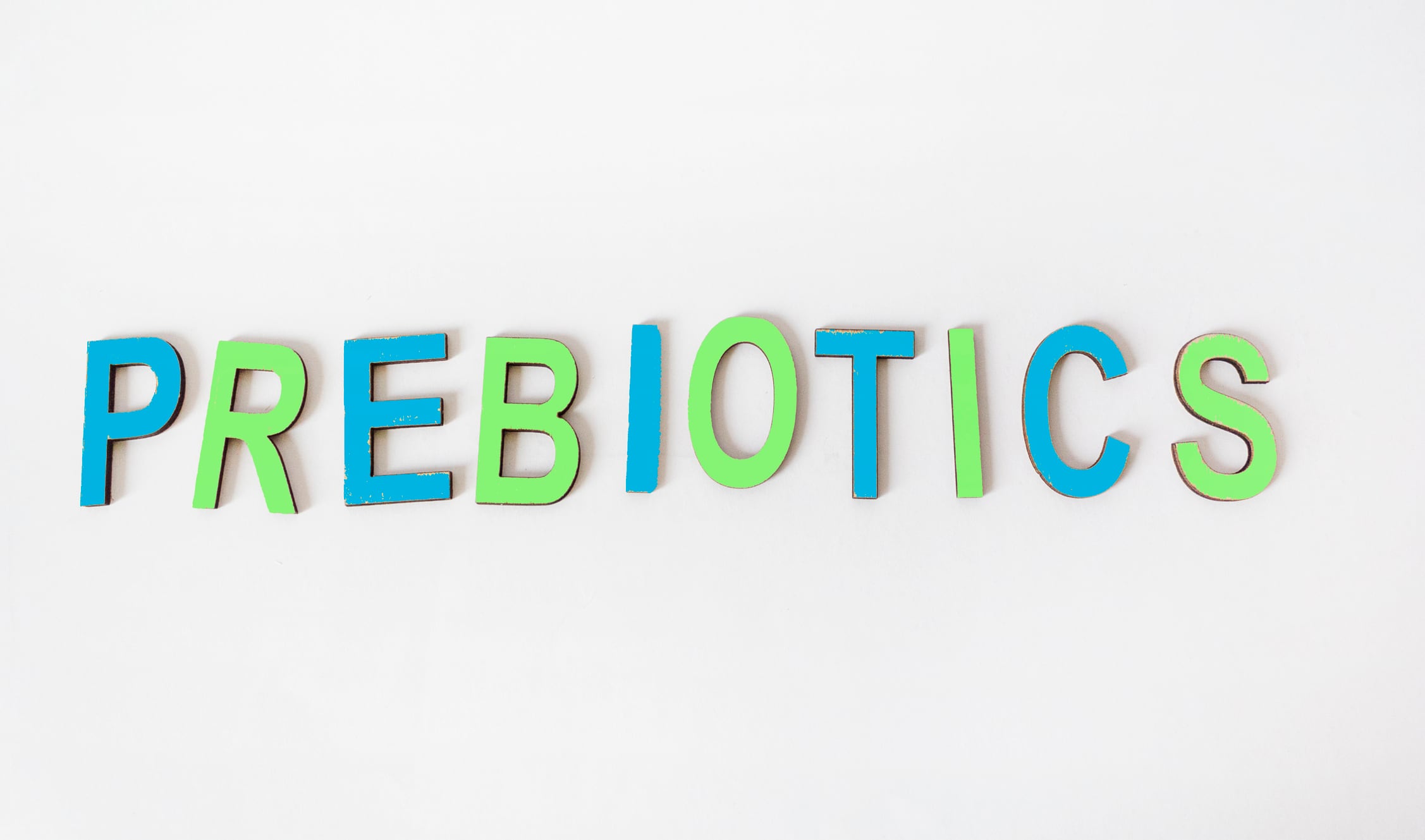Fibre power: Legume-rich diet lowers blood glucose in prediabetic people
Adopting a legume-rich diet, as well as reducing caloric intake, has been shown to lower blood glucose levels, say findings of a 16-week trial conducted on prediabetic people.
Significant reductions were also seen in their low-density lipoprotein (LDL) cholesterol as compared to the control group, according to findings published in Nature Communications.
Legumes are plant foods rich in fibres. Examples include lentils, peas, and chickpeas.
Bacillus coagulans LMG S-31876 shows positive effect on immune status, stress relief and lipid profile – RCT
Supplementation with Bacillus coagulans LMG S-31876 probiotic over an eight-week period significantly improved immune status, perceived stress levels, and lipid parameters.
The double-blind, randomised, placebo-controlled trial (RCT) was conducted on 50 Asian adults diagnosed with immune system dysfunction and stress-related disorders.
Published in Frontiers in Nutrition, findings showed significantly higher Immune Status questionnaire scores in the intervention group.
Probiotics, prebiotics, and synbiotics could improve anaemia – meta-analysis
Pre-, pro-, and synbiotics may improve anaemia management, especially by significantly improving haemoglobin levels as compared to the control group.
This is according to findings of a meta-analysis published in BMC Gastroenterology.
The study, conducted by China researchers, examined the findings of eight RCTs involving over 600 people diagnosed with iron deficiency anaemia or anaemia from chronic kidney disease.
Vitamin K supports bone health in seniors, especially women – meta-analysis
Vitamin K supplementation could improve bone mineral density for middle-aged and older adults – especially women, according to a meta-analysis.
The findings, published in Bone & Joint Research, reported that vitamin K supplementation could support bone mineral density by increasing carboxylation of osteocalcin (cOC) – a process that binds calcium into bones.
A total of 17 RCTs across Asia-Pacific were included in this meta-analysis.
Higher potassium intake at dinner linked to fewer sleep disturbances – Japan study
A Japanese study has shown the potential of higher potassium intake, particularly at dinner time, in improving sleep.
The cross-sectional study examined the relationship between potassium and sodium intake and insomnia among healthy Japanese adults.
Writing in Nutrients, researchers reported that only potassium intake at dinner was significantly associated with Athens Insomnia Scale (AIS) scores - a questionnaire designed to evaluate sleep disorders, particularly insomnia.





